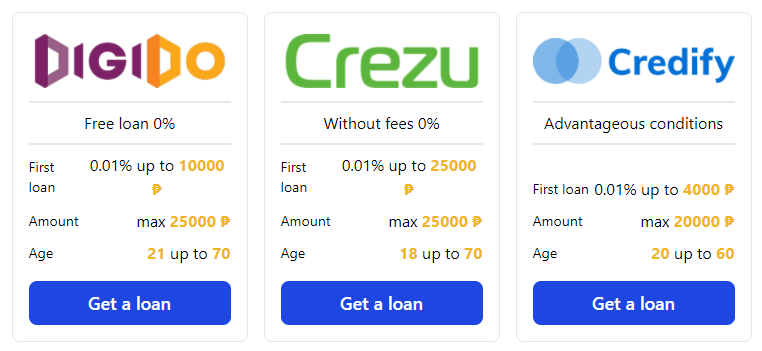In the Philippines, the legality of online loans hinges on the registration status of the lending company or platform with the Securities and Exchange Commission (SEC). Legitimate online lending entities are officially registered with the SEC, which maintains a comprehensive list of authorized online lending platforms on its website. Conversely, any lending companies, whether Lending Companies (LCs) or Financing Companies (FCs), with revoked licenses or Certificates of Authority are prominently listed on the SEC’s website as well.
The regulatory landscape surrounding online lending in the Philippines saw significant developments with the issuance of SEC MC 10 Series of 2021. This directive imposed a moratorium, effectively halting the issuance of licenses for new online lending platforms. The move came in response to a surge in complaints received by the SEC, highlighting alleged violations perpetrated by various online lending platforms.
SEC MC 10 underscores the imperative of vigilant oversight and evaluation of existing online lending platforms. This proactive stance aims to foster a conducive environment for lending and financing enterprises while concurrently safeguarding the interests of consumers across the nation.
Under the provisions of SEC MC No. 19, online lenders are mandated to furnish the SEC with comprehensive reports regarding their operational activities no later than 10 days prior to their official launch. Failure to adhere to this requirement constitutes a violation, subject to penalties as stipulated by the SEC.
Furthermore, the SEC remains steadfast in its commitment to curbing the activities of predatory lending entities that resort to coercive or derogatory tactics when dealing with borrowers. Through sustained enforcement efforts, the SEC endeavors to uphold ethical standards within the lending industry, thereby ensuring the fair treatment and protection of borrowers nationwide.
